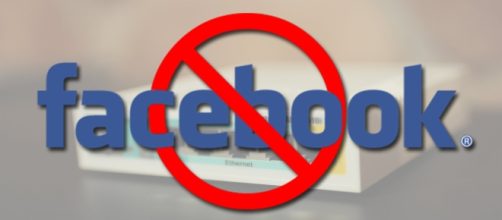After losing four consecutive times in the U.S. Senate on the ObamaCare repeal last week, it looks like he may lose again in a lawsuit filed by people whom President Donald Trump had blocked on Twitter. A similar lawsuit filed against the chairwoman of the Loudoun County Board of Supervisors may be a red flag for the president.
Brian Davidson sued Phyllis Randall, the chairwoman of the board because she banned him temporarily from her Facebook page after he criticized the county board. A Virginia district court judge, who ruled in favor of Davidson told the chairwoman that politicians breach the 1st Amendment by blocking their constituents.
Facebook page used as a public official
Judge James Cacheris pointed out to Randall that even if her Facebook page is personal, she used it as a public official. In the past, she has used it to solicit comments from voters.
Davidson posted in response to Randall’s previous post that she wanted to hear from Loudon citizens n any issues, Slate reported. Because the chairwoman had no idea if Davidson’s allegations were correct, she instead deleted his comments and blocked him. However, after 12 hours, she unblocked him, although, during the time he was blocked, he could still view or share content on the Facebook page of Randall.
Randall admitted in court she was offended by the criticism of Davidson of the county board.
Cacheris said she engaged in viewpoint discrimination which is banned by the First Amendment. He pointed out that "By prohibiting Plaintiff from participating in her online forum because she took offense at his claim that her colleagues in the County government had acted unethically, Defendant committed a cardinal sin under the First Amendment.”
Not a precedent for other cases
A similar lawsuit was filed in mid-July against Trump before the Manhattan Federal Court by the Columbia University-based Knight First Amendment Institute. Also named respondents in the lawsuit were then-Press Secretary Sean Spicer and Daniel Scavino, the White House social media director.
Kevin Boreham, a law lecturer at the Australian National University, noted that the Virginia court’s decision is not a license for people to troll public officials.
He noted, “The judgment does make it clear that moderating the Facebook page to take out irrelevant material or material that might be grossly offensive, is not protected by freedom of speech."
He added that the decision by Cacheris is not a precedent for other cases since it was a ruling by a trial judge. For a decision to become a precedent, it must be issued by a superior court. Boreham, however, admitted it could be picked up and applied to other cases, but may not apply to Trump because a Department of Justice opinion said the real estate billionaire is not exposed to the courts in his activities and his behavior as president.


